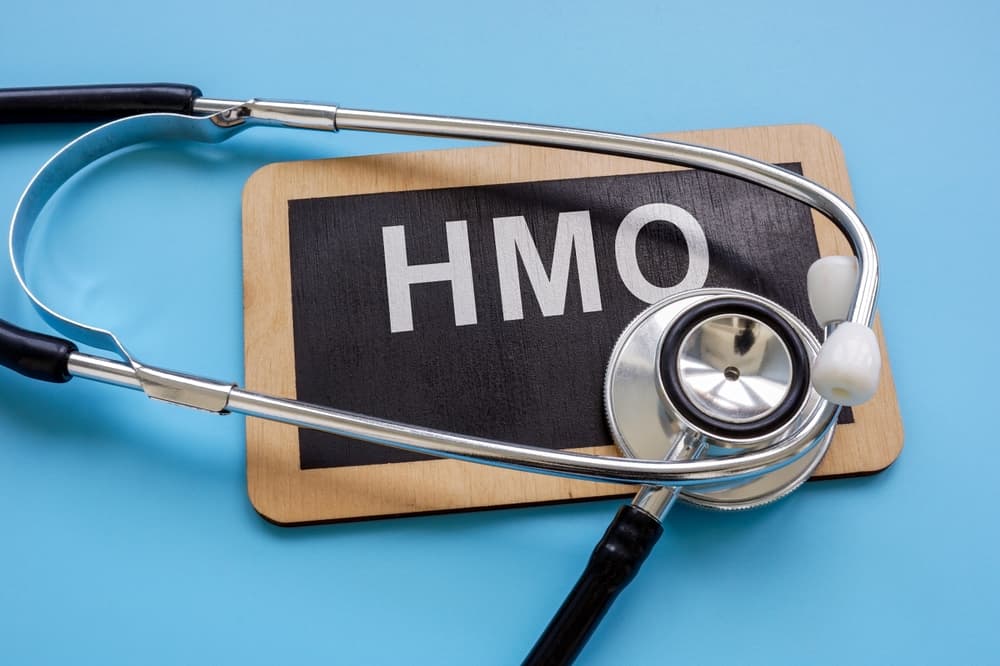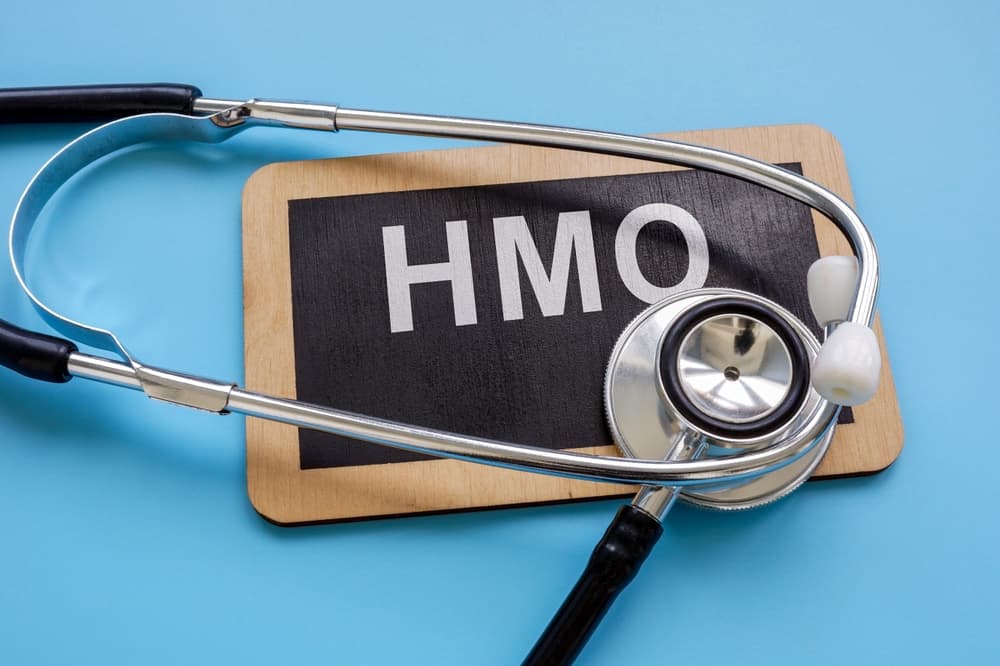HMO Patients: When Do You Need an Orthopedic Referral?
April 11th, 2024 | 3 min. read


Health Maintenance Organizations (HMOs) control costs by emphasizing preventive care, establishing networks of providers, and utilizing a referral system. Your primary care physician (PCP) is central to your care within the HMO. They're your first point of contact for most health concerns and they coordinate referrals to specialists, including orthopedic surgeons. It's essential to understand the potential benefits and limitations of your HMO plan to navigate this system effectively.
Need help with your HMO Referral?
Don't let your HMO referral become a roadblock. Contact us for assistance and get the care you need.
Common Reasons for Orthopedic Referrals
Let's delve into specific situations where seeking an orthopedic specialist is often advisable:
-
Injuries:
- Fractures: Broken bones require an orthopedic surgeon's expertise for proper diagnosis, setting, casting, and rehabilitation planning.
- Severe Sprains and Dislocations: When rest and conservative measures don't resolve painful sprains or dislocations, an orthopedic specialist can pinpoint the exact nature of the injury and determine if surgery or other interventions are needed.
- Tendon and ligament damage: Torn or ruptured tendons (such as those in the shoulder or knee) and significant ligament injuries can cause instability and loss of function, often requiring specialized orthopedic care.
- Fractures: Broken bones require an orthopedic surgeon's expertise for proper diagnosis, setting, casting, and rehabilitation planning.
-
Persistent or Worsening Pain:
- Chronic joint pain: When joint pain in any body part interferes with daily life despite rest, medication, or basic therapy, an orthopedist provides in-depth diagnosis and advanced treatment options.
- Unexplained pain: If you're experiencing unexplained, persistent pain in your bones, muscles, or joints, an orthopedic examination can help rule out serious conditions.
- Chronic joint pain: When joint pain in any body part interferes with daily life despite rest, medication, or basic therapy, an orthopedist provides in-depth diagnosis and advanced treatment options.
-
Degenerative Conditions:
- Arthritis: From osteoarthritis to rheumatoid arthritis, various types of arthritis significantly impact joint health. Orthopedic specialists create targeted management plans that include medication, injections, therapy, and possible surgery.
- Osteoporosis: Orthopedic surgeons evaluate bone density and address osteoporosis-related fracture risks. They also manage fractures that can occur due to decreased bone strength.
- Degenerative spinal conditions: Orthopedists play a crucial role in managing conditions causing spinal pain and nerve compression, such as herniated discs, spinal stenosis, and more.
- Arthritis: From osteoarthritis to rheumatoid arthritis, various types of arthritis significantly impact joint health. Orthopedic specialists create targeted management plans that include medication, injections, therapy, and possible surgery.
-
Limited Mobility and Function:
- Difficulty with daily activities: If pain or stiffness hinders getting dressed, using stairs, or performing other everyday tasks, an orthopedic evaluation can pinpoint the source and suggest solutions.
- Sports and work-related limitations: Orthopedic surgeons help athletes and people with physically demanding jobs recover from injuries, optimize function, and prevent future problems.
- Difficulty with daily activities: If pain or stiffness hinders getting dressed, using stairs, or performing other everyday tasks, an orthopedic evaluation can pinpoint the source and suggest solutions.
-
Neurological Symptoms:
- Carpal Tunnel Syndrome: This nerve compression in the wrist can cause numbness, tingling, and pain. Orthopedists diagnose and provide treatment options, from splints to surgery.
- Radiculopathy: When nerves in the spine are pinched, you might experience radiating pain, numbness, or weakness in your arms or legs. Orthopedic surgeons assess and develop treatment plans.
- Carpal Tunnel Syndrome: This nerve compression in the wrist can cause numbness, tingling, and pain. Orthopedists diagnose and provide treatment options, from splints to surgery.
HMO Referral Process: A Closer Look
While the primary care physician plays a central role in the HMO referral system, the actual process involves multiple steps and considerations:
-
The Referral Request:
- Initiation: Your PCP will typically use a formal referral document or submit the request electronically through your HMO's system.
- Justification: The referral request commonly includes a summary of your medical history, the reason for the referral, and why they believe specialized orthopedic care is necessary. The more compelling the justification, the higher the likelihood of approval.
- Additional Documentation: In some cases, your PCP may need to include results of tests (X-rays, MRIs) or other supporting documentation.
- Initiation: Your PCP will typically use a formal referral document or submit the request electronically through your HMO's system.
-
HMO Review and Approval:
- Criteria and Guidelines: Your HMO has internal criteria for determining the necessity of referrals. The insurance company will review the request to ensure it aligns with their guidelines for orthopedic care.
- Utilization Review: This review process analyzes the proposed care's appropriateness, efficiency, and cost-effectiveness. The HMO might have a dedicated team of nurses or physicians who conduct this review.
- Preauthorization: Some HMOs require preauthorization for certain orthopedic procedures or treatments in addition to the referral itself.
- Criteria and Guidelines: Your HMO has internal criteria for determining the necessity of referrals. The insurance company will review the request to ensure it aligns with their guidelines for orthopedic care.
-
Communicating the Decision
- Approval: If the referral is approved, your PCP's office will usually help you schedule an appointment with the in-network orthopedist.
- Denial: If the referral is denied, you and your PCP will receive a notification explaining why. Your PCP may suggest alternative treatments or assist you in understanding the options for appealing the decision.
- Partial Approval: The HMO may approve some aspects of the referral request but deny others. Your PCP will discuss this with you and how to proceed.
- Approval: If the referral is approved, your PCP's office will usually help you schedule an appointment with the in-network orthopedist.
Factors That Can Influence the HMO Referral Process
- Severity and Urgency: Conditions considered severe or requiring urgent care might receive faster approval or an expedited process.
- HMO-Specific Policies: Each HMO has its own referral procedures, authorization requirements, and network limitations. Understanding your plan's specifics is crucial.
- The Quality of the Referral: A well-documented referral with a strong justification from your PCP increases the likelihood of approval.
- Persistence and Advocacy: If your initial referral is delayed or denied, don't give up! Follow up with your PCP, appeal the decision if your plan allows, and consider getting a second opinion within the network if possible.
Additional Tips for Understanding the HMO Referral Process
- Ask Questions: Don't hesitate to ask your PCP or your HMO's customer service or consult your benefits documents to clarify how referrals work within your plan.
- Know Your Rights: Familiarize yourself with your HMO's appeals process and your right to a second opinion if facing a referral denial.
- Consider Alternatives: In situations of excessive delays or if your HMO network is very limited, explore options like seeing an out-of-network orthopedist (though this usually involves a higher out-of-pocket cost).
Remember: Navigating the HMO referral process can be challenging, but understanding the steps involved and knowing when to advocate for yourself gives you the best chance of accessing the orthopedic care you need.
At Coastal Orthopedics, we understand that injuries and musculoskeletal problems don't just affect your body; they impact your entire life. Our skilled surgeon and dedicated team of specialists are committed to combining cutting-edge techniques with personalized care to get you back to doing what you love. Trust us to guide you every step on your path to recovery.
Dr. Williams has been practicing orthopedic surgery in Corpus Christi since 1998. After graduating from Texas Tech hereceived his medical degree from the University of Texas at San Antonio. At the prestigious Campbell Clinic located at the University of Tennessee, Dr. Williams completed not only an Orthopedic Surgery Residency, but an additional year of Fellowship Training in Spine Surgery. Dr. Williams is dedicated to creating an excellent patient experience in the office or in the surgery suite.

